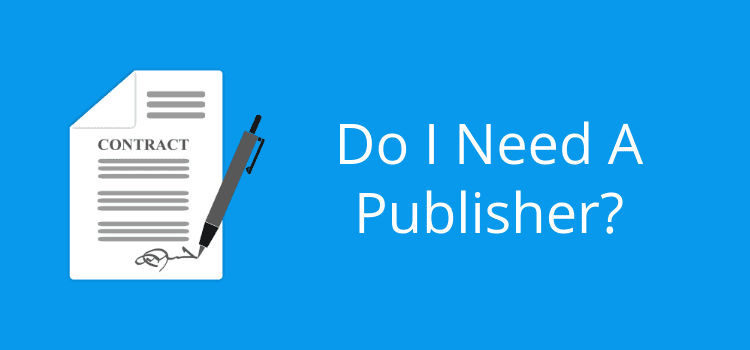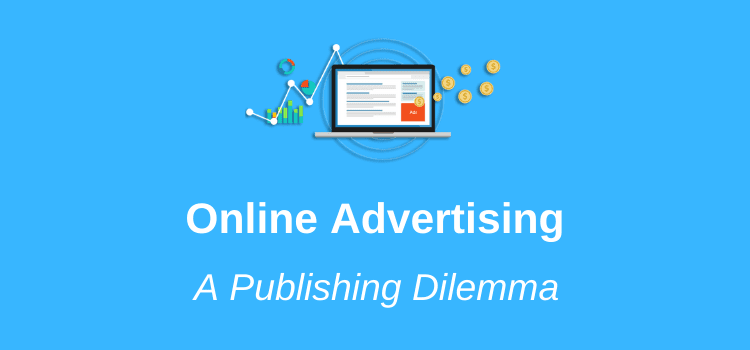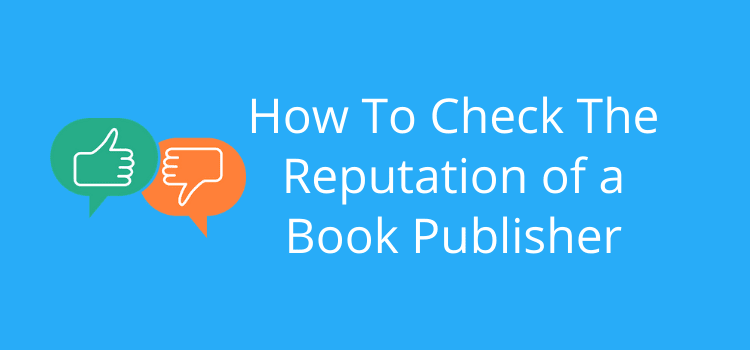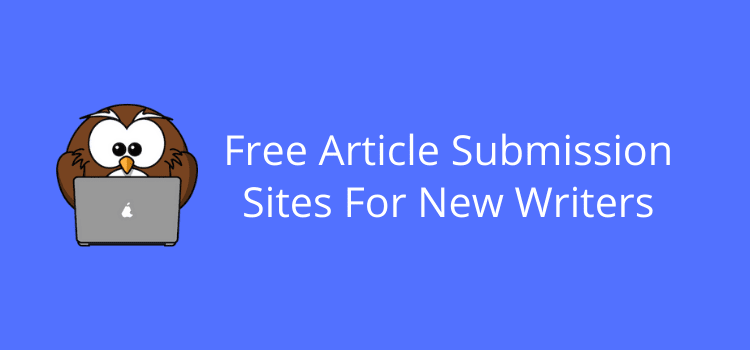
I need a book publisher! Slow down. If you are a nonfiction or fiction author, be wary of small publishers or vanity publishers offering you a quick and easy way to publish your book.
I receive many messages and emails from authors who have encountered disagreements, problems, or doubts about some publishers.
Unsurprisingly, the benefits of contracting a publisher can be difficult to justify nowadays. The essential publishing services and tools are readily available for authors, and they are all mostly free.
The publishing industry changed forever after the advent of self-publishing.
Be wary and always ask questions
In a recent blog post, I listed ten questions to ask a potential publisher.
It is a good place to start if you are considering publishing and selling your book rights.
But in the end, no matter what the answers to your questions are, most authors who finally decide to sign with a publisher do so for two distinct, and if I may say so, quite understandable reasons.
One is because you believe it is easier to rely on someone else to do all the work involved in your book’s publishing process.
You want a publisher to edit, format the manuscript, and design a cover.
You may want a publisher to look after publishing your book on Amazon, Draft2Digital, or Smashwords for ebooks and print-on-demand books.
That’s a lot of work, and you don’t want to spend the time learning how to do it yourself.
The second reason is that you believe a publisher will do a better job promoting and selling your book.
In other words, you want to write and leave everything in the publishing process to someone else.
However, it doesn’t always work out as well as you might think.
The results can be disappointing
The outcomes can vary from quite good to very disappointing.
A handful of new small independent publishers are trying very hard to change the self-publishing world for the better.
However, many who advertise their publishing deals and services on Twitter, Facebook, or by unsolicited email are self-published authors trying to spread their wings as publishers.
They are looking for another way to make extra income on top of their book sales.
You should be very careful if you receive emails from a publisher you don’t know, especially from costly vanity publishers.
You need to make sure that you are dealing with a reputable publisher.
Always check and beware
Over the years, I have checked many small press and vanity publishers.
Not all of them make the grade. There are many warning signals that you should check before considering the services of a publisher.
One is that they usually have small social media followings. This bodes poorly for achieving successful book promotion for their authors.
However, a few have huge numbers of followers on Twitter. But a quick scan of their followers reveals that they are mostly bot accounts and have probably been purchased to give the appearance of popularity.
Secondly, these accounts are often relatively new, which is a telltale hint of inexperience.
These small publishers often have several easily recognizable linked Twitter accounts set up to help earn Amazon Associates’ income.
Also, if they have a website, which many don’t, there is rarely a mailing list to subscribe to. It is a big alarm bell.
Pay only for what you need
Pay for the services that you need, but keep your book rights.
Many new authors want a book publisher because they prefer that someone else does all the publishing work and book promotion.
If this is true, then perhaps they will decide to sign away the rights to their books.
But think for a minute.
Wouldn’t it be better to pay someone to design a professional book cover, format the manuscript, and upload it to Amazon and Smashwords while still keeping the rights to your book?
These services are not that expensive.
You can also buy book promotions on many established sites.
Sure, it’s not always cheap, but you can control what you invest in publishing and promoting your book.
Do you really need a publisher?
It is easy and inexpensive to self-publish.
No matter what a publisher might tell you, no one can promise you success after writing a book.
No matter how much money you pay, it won’t guarantee success.
Don’t rush into signing a book publishing contract before considering what you can easily do or pay for to achieve the same, if not better, results.
It is relatively easy to self-publish nonfiction and fiction ebooks and print books today.
Keep the rights to your book
It’s worth repeating that signing over your book rights to a publisher means you have sold your book.
You stand next to no chance of ever getting your book rights back if anything goes wrong.
Keep in mind, too, that many publishers’ primary motivation is not necessarily to make your book a success.
It is a lottery for them, which can reap rich rewards.
Of, say, five hundred books they can attract and gain the rights to, only a few titles need to sell well for them to make money.
Five hundred titles can earn very good Amazon Associates income for the publisher, which the author will never see a cent of as it will probably not be mentioned in a publishing contract.
Even better, they might get lucky in the lottery and attract one or two bestselling titles.
For a publisher, it’s about getting a few winners in their stable that will make money.
It is precisely the same logic as traditional publishers.
Publishing a new book is always a gamble because very few titles ever achieve reasonable sales.
So why give them this chance for free by granting these new opportunistic publishers your book rights?
Summary
If you are an author and want a fair and legitimate publishing contract, take the traditional route.
Find a literary agent whose job it will be to look after your interests with big publishing houses.
Send out your query letters and sample chapters, and hope you get lucky. Sure, it’s tough, it’s hard, but it works for some lucky authors.
As for the many new publishers appearing on Twitter, Facebook, or in your email inbox, beware.
If you receive an unsolicited book proposal from a publishing business, be doubly cautious and check out the publisher carefully.
Signing away the rights to your book is a serious decision.
This is especially true with vanity publishers, where nothing is guaranteed in return for the money you will have to outlay.
My advice is to either find an agent, and take the traditional route, which isn’t easy.
Or you can become a true self-publisher and pay for the services you need, but this is also a tough route.
But don’t be lazy and think that just because you pay a lot of money to someone who calls themselves a publisher, they can make all your dreams come true.
As the messages I receive from many authors confirm, it can often turn out to be a costly nightmare.
Related reading: The Best Publishing Companies That You Can Trust
Share This Article



Some great advice for which I am most grateful. I have my latest book now being edited, after which I intended seeking an agent to help get it published. However, as you so rightly point out, if one’s book is just not good enough, an agent will merely reject acting on your behalf, Although I think it quite good, I wrote it so that does not mean that it is good. Apart from numerous small publishing companies, there are some larger ones that will accept an author without an agent. I may well try a few of them to see if my book is as good as I think. The main advantage with self-publishing is that you retain both rights and a much larger share of royalties.
Here’s the truth: 99.99% self publish because a traditional publisher rejected their manuscripts.
Why? Because they’re BAD!
We have a story about publishing.
We worked with an agent, but we didn’t sign. Not a good fit. Shopped for more agents. Nothing. But, in the end we found a small publisher that was interested. How? No agent. I called and told the acquisition editor the story. Yep. I called the acquisition editor. She asked for a treatment. A few weeks later she offered a contract. A small advance, but it was an advance.
It was also validation that our work was good enough that the publisher would spend THEIR money publishing it. It won’t be a best seller, but it is expected to sell at least 5,000 copies in hardback. It will be in a catalog, it will be represented in book shows by reputable sales and marketing people.
Had we been rejected by traditional publishers the self published route was not an option. Why?
Because that meant that our work wasn’t up to par.
I had talked to self publishing companies and my name was on on their speed dialers. It’s a racket and they will puff up would be authors to separate them from their Federal Reserve Notes. It’s a shame that new authors are led to believe that they’re “good enough” and it’s those evil publishing companies who won’t take a chance on new authors. Maybe so.
My wife honed her craft starting as a English literature/journalism student. The 35 years in the newspaper business as reporter and editor prepared her for writing a book. It didn’t happen overnight.
New authors need to get published, but to receive validation from a self publishing salesman for bad writing doesn’t make a new author better.
Bottom line:
If you can’t get an agent or a publisher to take you on, your writing probably isn’t very good.
One more thing:
We have enough paranormal/vampire/secret agent/mommy porn books out there.
Here’s an idea: try something new!
Thank you for these wise words. Im an optomistic adventurer. With a tadge of pessimism for this industry. One must March on.
Stephen
Thanks for this useful info.
Now more than ever I am glad I decided to self publish and learn the tricks of the trade and do it all myself.
The only thorn in the side here is if you wish to have book stores etc sell your books on their shelves they are not always happy to purchase outright from your printers.
I have used Createspace and have heard from other authors that local book stores in UK are not keen to purchase from them. The outlay costs apparently are too high and they don’t take back what can’t be sold. Apparently book stores work on a basis if it doesn’t sell it is sent back to where it originally came from. This applies to self published books mostly. Have no idea how it works for traditional and famous authors.
I’ve been told by several book sellers that Ingram is the preferred warehouse supplier for books, simply BECAUSE of the return policy. A local book seller told me he need simply return the covers of unsold books in order to receive credit. Trouble is, if you SP through CreateSpace and wish to convert to Ingram, you lose all production, marketing, and supply chain services provided by CreateSpace/Amazon.